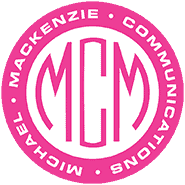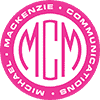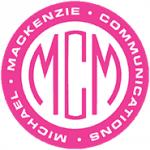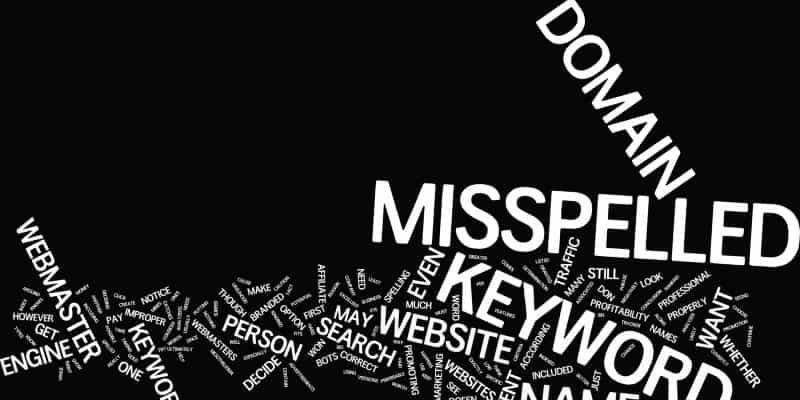Competition for keywords continues to get fiercer. Companies are investing more and more to push their websites to the top of search results. With an intense focus on keywords and search terms, what should you do to try and capture the approximately ten percent of queries that are misspelled every day?
There is a lot less competition for misspelled keywords, which makes it easier to rank for them. Of course, search volumes are lower as well, but you may be surprised by the amount of traffic behind misspelled terms. Take the word, “mortgage,” for example. There are nearly 25 million searches on that term monthly. The misspelled term, “morgage,” yields about 200,000 searches per month. That’s a fraction of what mortgage receives but is still a decent amount of traffic that a mortgage lender may like to be found for.
So, how can you capture more traffic using misspellings?
Identify Commonly Misspelled Words
The first step in any Search Engine Optimization (SEO) campaign is keyword research. In this case, you need to identify the commonly misspelled terms related to your website. You can do this in a few ways:
- Check your website logs – People searching for your company, or your services can get creative with spelling. You may uncover a variety of spellings you didn’t even know existed.
- Look at Google Analytics or Google Webmaster tools
- Refer to a list of commonly misspelled words relevant to your business
- Attempt to misspell keywords yourself to come up with some variations
Analyze Your Keyword List
Take a look at each term on your list to determine if it’s worth optimizing for. Remember, not all keywords are created equal. The most important determinants are:
- Search volume – Clearly, it’s not important to incorporate a keyword that doesn’t have traffic behind it.
- Search Engine Results Page (SERP) filters – Google will often address a misspelled query with one of their four “Did you mean…” filters:
- All results are for the misspelled keyword if the user clicks on the “Did you mean…” link.
- Results include the top two results for the correct spelling. (This makes optimizing for the misspelling less desirable.)
- Rarely, Google will show all results for the correct spelling, which makes optimizing for the misspelled version futile.
- All results are for the misspelled keyword and appear without the “Did you mean…” link. This happens when the misspelling is so severe that Google can’t figure out what the right word is. This is the best-case scenario for misspelling optimization.
- Competitors – As mentioned previously, competition for misspelled keywords tends to be much lower, but more popular misspellings can still be competitive. Analyze your competition so you can increase your chances for ranking well.
Time to Optimize
After you’ve completed your research and analysis, you’ll want to start optimizing for them. SEO for misspelled words is different than what you would do for correctly spelled terms. Read our next blog post on this topic to learn how to make the most of misspellings on your website without losing credibility.
This post is courtesy of MMC Account Manager Jennifer Kardian



